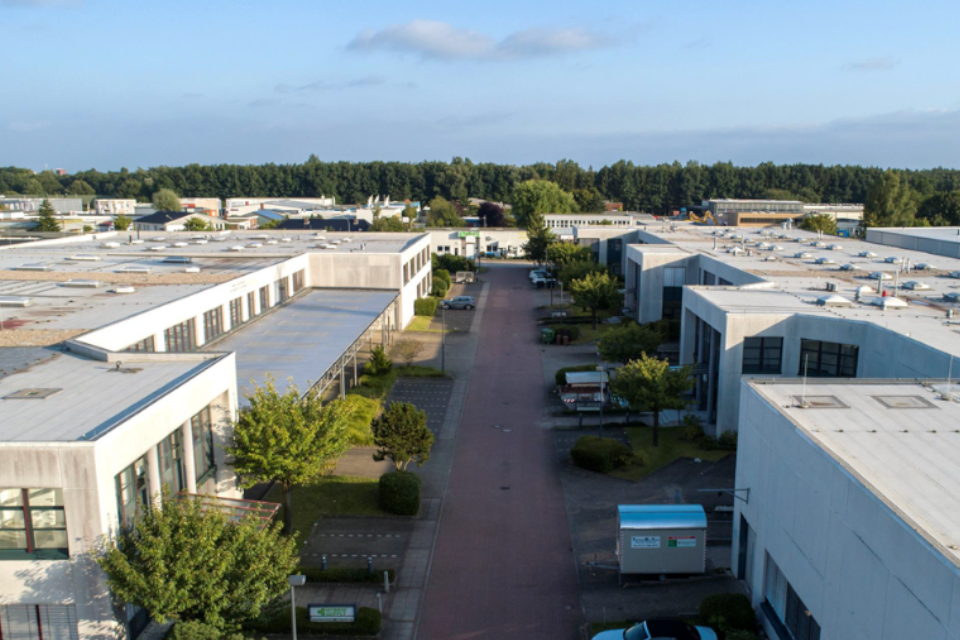High Interest Rates Push South Africans to Lose Homes: Expert Slams SARB
Renier Kriek, Managing Director of Sentinel Homes, strongly criticizes the South African Reserve Bank's (SARB) hesitation to lower interest rates despite falling inflation. With CPI inflation at 3.8%, well below SARB's target of 3-6%.
Kriek labels this delay as "unethical and unjustifiable." He believes that the Reserve Bank's inaction is causing unnecessary hardship for South Africans, particularly those struggling with rising costs and mortgage payments.
- Kriek criticizes SARB for not reducing interest rates despite inflation dropping to 3.8%, arguing it causes undue hardship for South Africans.
- SARB's reliance on a simplistic, opaque econometric model limits its flexibility, ignoring broader economic factors that harm citizens and the economy.
- High interest rates contribute to rising home loan defaults and property loss, disproportionately affecting lower-income South Africans amid stagnant economic growth.
Inflation Targeting and Its Implications
The Reserve Bank follows an inflation-targeting model, which focuses solely on controlling inflation. This approach uses complex econometric models, which, according to Kriek, oversimplify the economy and involve subjective judgment calls. While this model aims to reduce inflation by controlling spending through higher interest rates, Kriek argues that its impact on other areas, like job creation and economic growth, is often overlooked.
Although inflation has decreased steadily and is below pre-pandemic levels, the Reserve Bank has not aggressively reduced interest rates. This stagnation is problematic, as it leaves South Africans, especially the most vulnerable, facing higher living costs, food insecurity, and mounting mortgage debt. According to Kriek, if inflation is under control, further rate hikes are unnecessary, and it’s time for SARB to cut rates to alleviate pressure on struggling homeowners.
Rising Home Loan Defaults: A direct result of high Interest Rates
Kriek points to a concerning rise in home loan defaults, highlighting a sharp increase in homeowners missing payments. Data from 2024 reveals that 12.2% of home loans are now in arrears, up from around 7-8% historically. This rise in defaults can largely be attributed to the high interest rates, which force homeowners to pay higher monthly instalments that they can no longer afford. Many South Africans, particularly those in lower-income brackets, are under immense financial strain and are losing their homes.
The property sector, while still seeing growth among the wealthiest 30% of earners, is feeling the negative effects of high interest rates as the demand for property in this segment is low. Banks are counteracting this by providing more credit to high-income earners, but the greater economy suffers, and many South Africans are forced to choose between paying their mortgages or meeting basic living expenses.
The Broader Economic Impact: Job losses and stagnation
The high interest rate environment is not only causing issues for homeowners but is also stifling the overall economy. With jobs not being created at a sufficient pace, South Africa’s GDP growth remains stagnant. The high interest rate makes it more expensive for businesses to borrow and invest, contributing to the country’s overall economic slowdown. Poorer South Africans are suffering from food insecurity, as prices for basic goods have skyrocketed over the last few years.
Kriek argues that the SARB’s cautious approach to monetary policy has now become counterproductive. While inflation control remains important, the economic damage caused by high interest rates—such as rising unemployment, stagnant growth, and financial hardship—is more urgent and pressing.
A Window of Opportunity: Action Steps for Homeowners
Kriek suggests that the SARB has a small window of opportunity, given the current low inflation, to reduce interest rates and stimulate the economy. Lower rates could help boost economic growth, job creation, and alleviate the financial burden on homeowners.
In light of the ongoing challenges, homeowners facing financial strain and mortgage pressures should consider the following steps:
- Refinance Your Mortgage- If interest rates are expected to remain high, refinancing your mortgage to a fixed-rate loan could provide some stability in your monthly payments. This would protect you from future rate hikes and help you budget more effectively.
- Negotiate with Your Bank- Homeowners struggling with repayments should approach their bank or lender to discuss alternative repayment options. Banks may offer payment holidays, loan restructuring, or even temporary rate reductions in times of financial hardship.
- Consider Debt Consolidation- For homeowners with multiple debts, consolidating loans into a single, more manageable payment could help ease financial pressure and reduce the overall interest burden.
- Invest in a Financial Plan- Homeowners should seek advice from financial experts to understand their options and create a financial plan to navigate the challenging economic landscape. This may include cutting non-essential expenses or exploring new income streams.
- Monitor SARB's Decisions- With SARB expected to make announcements about interest rates in the coming months, staying informed about its decisions and market trends will help homeowners anticipate changes that may affect their financial situation.
The Path Forward: A Shift in Monetary Policy
Kriek concludes that SARB’s current approach is no longer serving South Africa’s best interests. He argues that a more balanced policy, which takes into account the broader economic factors beyond inflation control, is essential to stimulating growth and alleviating the strain on South African families.
With the country facing significant external pressures, including geopolitical conflicts and economic disruptions, Kriek believes that lowering interest rates now—while inflation is under control—could provide much-needed relief to homeowners and stimulate much-needed economic growth.






.avif)

.avif)


.avif)

.avif)




.svg)


.avif)

.avif)







%20.avif)








.avif)
%20.avif)
